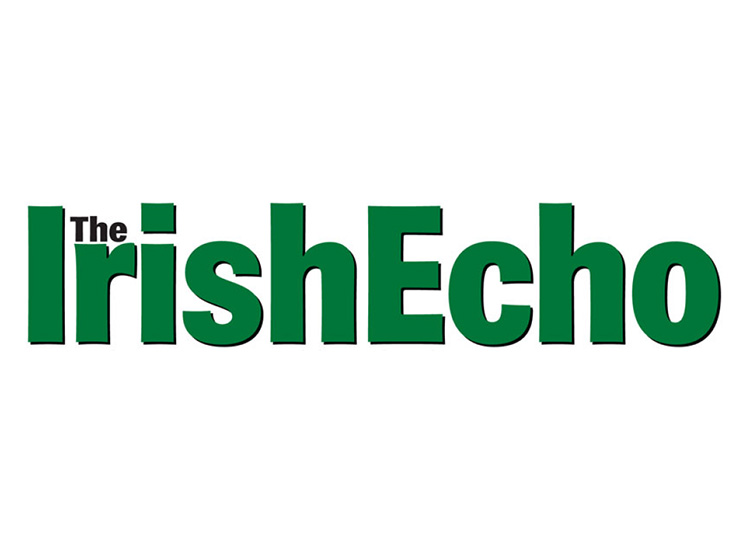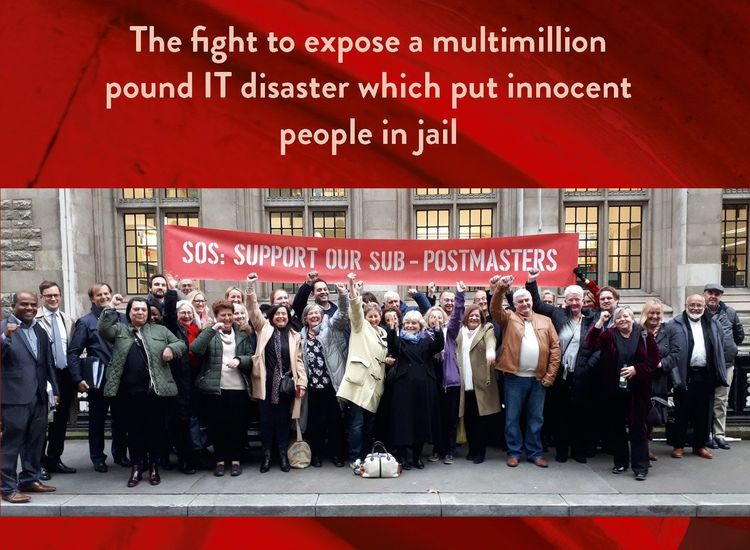Saint Patrick, we are told, used the shamrock to explain the mystery and miracle of the Holy Trinity to the heathen Irish.
It was a simple metaphor used to explain a most complicated concept to a people not yet versed in formal Christian doctrine.
Saint Patrick was a clear thinking man who clearly had an adroit teaching touch.
If he was alive today, and inclined towards a secular career, he might well be holding a class of distracted high school students in a state of rare, rapt attention, or, indeed, he might be surveying the world from a corner office on Madison Avenue.
And if he was in such a place, he would probably be nodding approvingly over how his saintly forebear is being employed to sell the concept of Ireland as a place that is anything but mysterious though, lately perhaps, in need of a little miracle.
Suffice it to say, Saint Patrick is one Irish saint who will never lose his job (some have in recent years) and if anything his workload is set to increase in the years ahead.
Ireland, by dint of this Fifth Century saint, seer and scholar, is a product as well as a nation on March 17, and one that is offered to the world in ways that would leave even wise Patrick blinking in astonishment.
By degrees, and with the efforts of countless people down the generations, St. Patrick's Day has become a worldwide celebration of a holy man who wasn't Irish to begin with, a reaffirmation of the Irishness of millions around the world who can lay claim to it, and millions who can't but who want to embrace an identity that is associated at this time of year with a gamut that runs from profound holiness to unmatched hospitality, and, in most recent times, to the hard sell.
It's difficult not to believe that not a few countries in the world would give their national eye teeth for a version of
St. Patrick's Day. Most European nations have a national saint but none of them can quite match the profile of Patrick, a primus inter pares who can not only banish snakes, but who can also inspire huge numbers of people to take to streets in far flung corners of the globe to march, dance, sing and celebrate his name and his legacy, both spiritual, cultural and social.
All this activity, which now stretches well to each side of the 17th of March, has been increasingly tied to the economic, some of it, as we have seen, that is less than tasteful, but much of it that is of benefit to local and national economies, not least an Irish one that is able to present itself, on the saint's coattails, to a global audience and to a degree that far exceeds Ireland's size and economic muscularity.
All to the good.
As has been the case for some years now, Irish political and business leaders have fanned out far and wide to spread the word that Ireland is open for business, ready to do business and, if business is not your cup of tea, open and welcoming as an especially attractive place to spend time.
This selling of Ireland and all things Irish on the broad back of Saint Patrick can be somewhat unsettling for some, but it's not going to retreat or go away. The similarity to the commercial pressures that now besiege and often seem to overwhelm Christmas is clear.
But just as we remain free to hold on to the spiritual at Christmas even as we indulge in more worldly things, we can yet retain the spirituality of St. Patrick's Day even as we wrap ourselves, and much of the rest of the planet, in an embrace that is as much greenback as it is green.









